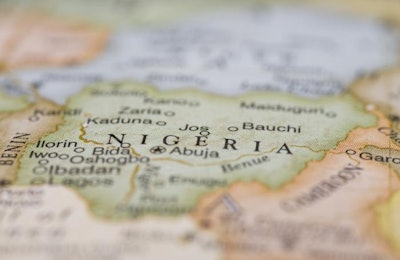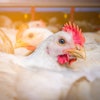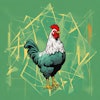
Chairman of the new group Amalgamated Association of Fish Farmers and Aquaculture of Nigeria is Hussaini Roha.
Roha told the Nigerian Television Authority (NTA) that the association’s aim is to accelerate the development of the sector, which is one of the fastest growing in the national economy. As well as making a significant contribution to Nigeria’s gross domestic product, aquaculture offers opportunities for employment and foreign exchange earnings, helps to alleviate poverty, and generates raw materials for the country’s animal feed industry.
Output from Nigeria’s fish farming sector grew steadily from the early 1980s to about 50,000 metric tons by 2003, and more than 100,000 metric tons by 2010, according to Roha.
Latest figures from the United Nations’ Food and Agriculture Organization (FAO) put Nigerian aquaculture output at 315,727 metric tons in 2015, the most recent year for which figures are published. Fish capture added a further 710,000 metric tons to the country’s total fish and shellfish production in that year.
In Nigeria, aquaculture is practiced almost exclusively in freshwater.
Between 2006 and 2013, annual per capita supply of fish and fishery products in the country fluctuated between 13.3kg and 15.2kg. This compares with the global average of 19.8kg at the end of this period.
In 2015, Nigeria imported fish and fishery products to a value of US$1.237 billion and exported just over US$78 million, according to FAO data.
In December, the government of another West African state announced measures to increase domestic aquaculture production in order to reduce its reliance on imported fish. As a result of this state support, a new fish feed production company is to be set up in Ghana.

















